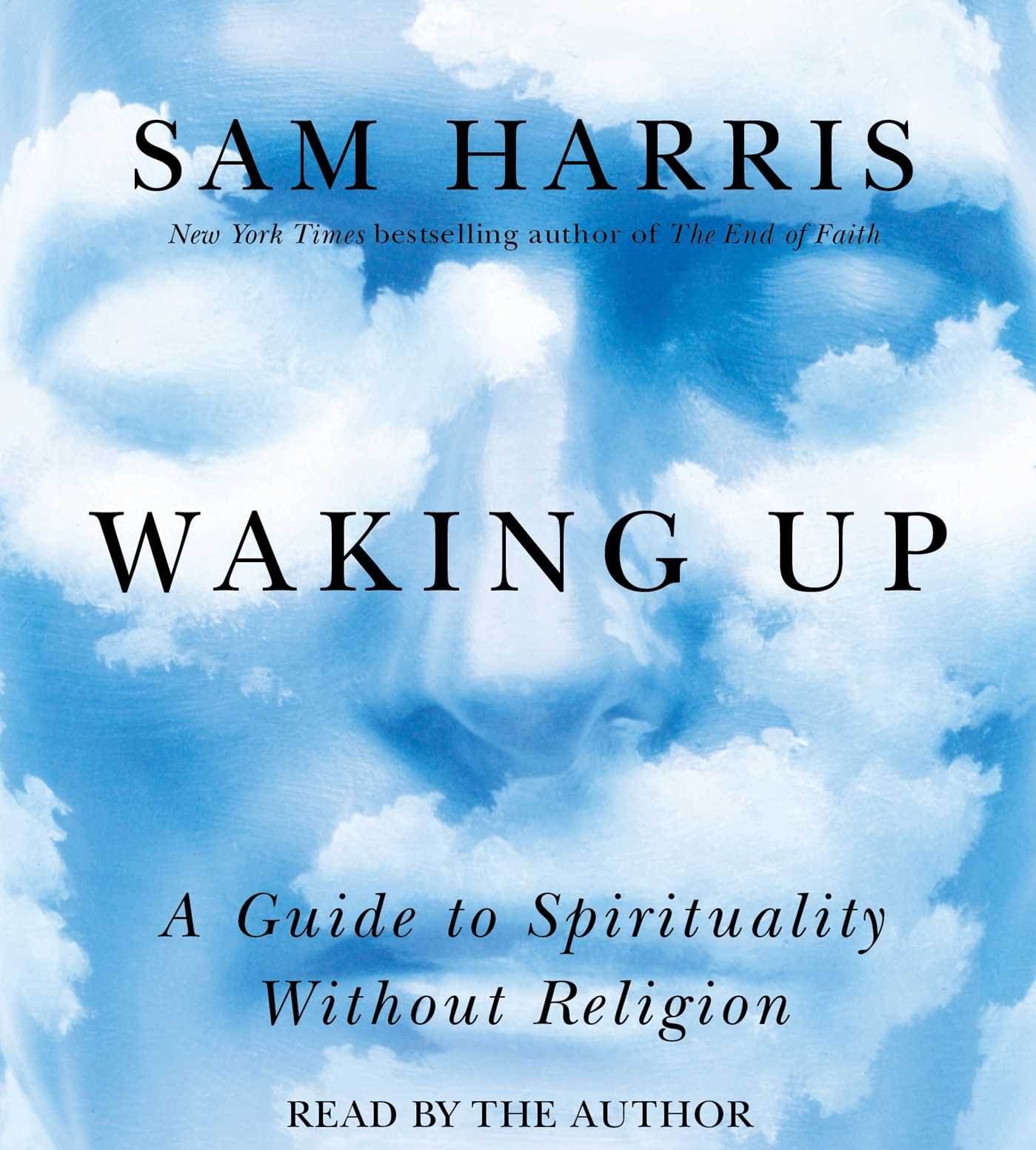
The traditional goal of meditation is to arrive at a state of well-being that is imperturbable -- or if perturbed, easily regained. The French monk Matthieu Ricard describes such happiness as "a deep sense of flourishing that arises from an exceptionally healthy mind." The purpose of meditation is to recognize that you already have such a mind. That discovery, in turn, helps you to cease doing the things that produce needless confusion and suffering for yourself and others. Of course, most people never truly master the practice and don't reach a condition of imperturbable happiness. The near goal, therefore, is to have an increasingly healthy mind--that is, to be moving one's mind in the right direction.
There is nothing novel about trying to become happy, and one can become happy, within certain limits, without any recourse to the practice of meditation. But conventional sources of happiness are unreliable, being dependent upon changing conditions. It is difficult to raise a happy family, to keep yourself and those you love healthy, to acquire wealth and find creative and fulfilling ways to enjoy it, to form deep friendships, to contribute to society in ways that are emotionally rewarding, to perfect a wide variety of artistic, athletic, and intellectual skills--and to keep the machinery of happiness running day after day. There is nothing wrong with being fulfilled in all of these ways--except for the fact that, if you pay close attention, you will see that there is still something wrong with it. These forms of happiness aren't good enough. Our feelings of fulfillment do not last. And the stress of life continues.
So what would a spiritual master be a master of? At a minimum, she will no longer suffer certain cognitive and emotional illusions--above all, she will no longer feel identical to her thoughts. Once again, this is not to say that such a person will no longer think, but she would no longer succumb to the primary confusion that thoughts produce in most of us: She would no longer feel that there is an inner self who is a thinker of these thoughts. Such a person will naturally maintain an openness and serenity of mind that is available to most of us only for brief moments, even after years of practice. I remain agnostic as to whether anyone has achieved such a state permanently, but I know from direct experience that it is possible to be far more enlightened than I tend to be.
The question of whether enlightenment is a permanent state need not detain us. The crucial point is that you can glimpse something about the nature of consciousness that will liberate you from suffering in the present. Even just recognizing the impermanence of your mental states--deeply, not merely as an idea--can transform your life. Every mental state you have ever had has arisen and then passed away. This is a first-person fact--but it is, nonetheless, a fact that any human being can readily confirm. We don't have to know any more about the brain or about the relationship between consciousness and the physical world to understand this truth about our own minds. The promise of spiritual life --indeed, the very thing that makes it "spiritual" ...is that there are truths about the mind that we are better off knowing. What we need to become happier and to make the world a better place is not more pious illusions but a clearer understanding of the way things are. ~ Sam Harris
No comments:
Post a Comment